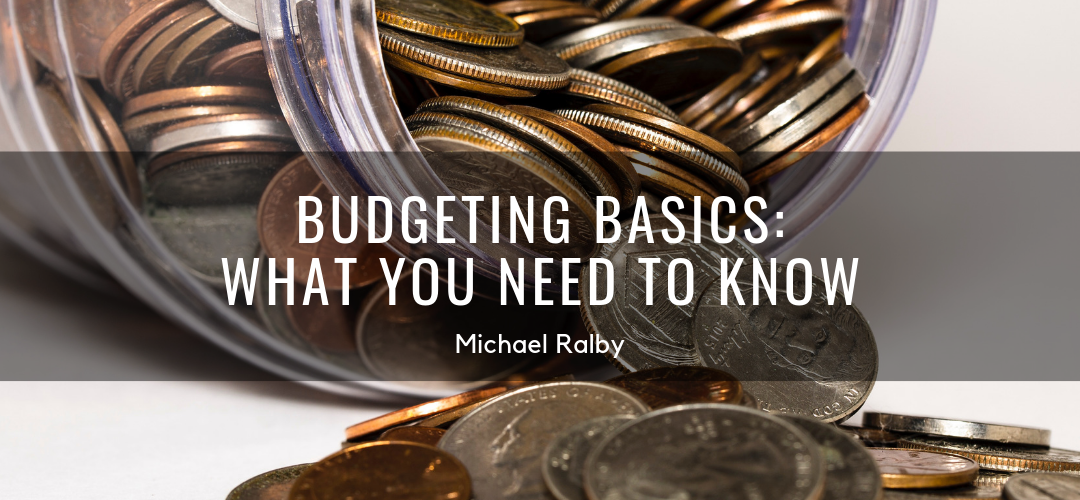Managing your finances is an essential facet of life, but without effective training, many individuals lack the necessary resources to know how they can properly budget their funds.
What Does Budgeting Mean?
The term “budgeting” is used often, but understanding its actual definition can help individuals understand the importance and practicality of such practices. To budget simply refers to ensuring you spend less than you earn. Another important part of budgeting entails preparing for the future, both short-term and long-term, and saving what you can in anticipation of large expenses.
Key Terms
- Fixed Expenses: This refers to the expense you have each month that are invariable. Things like rent or mortgage payments, as well as Homeowners Association (HOA) payments, are often included in this category. Knowing how much you pay for these things every month is necessary for proper budgeting.
- Flexible Expenses: Expenses that may change on a month to month basis are considered flexible. These often include utility costs such as heating/cooling, water, and gas. It can be difficult to predict exactly how much you will need to cover flexible expenses each month, but you should be able to assess past expenses to determine a range.
- Disposable Income: Disposable income refers to the amount left of your income after deducting income taxes, leaving you with the actual amount of money you have to account for necessary expenses as well as other purchases or investments.
Starting your own budget can be difficult at first, but learning how to manage your finances is an essential life skill that will help you cover your expenses without causing you more stress.
Assess Your Income
Typically, your income should be relatively the same each month. Accounting for your income as well as your spouse or roommates’ income can help you have a better idea of what your pool looks like. Having a clear understanding of your finances is the first step to enacting an effective budgeting strategy.
Track Your Spending
Another essential part of budgeting is knowing your own spending habits. Keeping track of how much money you tend to spend on things like groceries, clothing, entertainment, food, and more can help you identify areas in which you can limit your spending.
Think Ahead
Anticipating certain changes in your expenses can help you adjust your budget depending on the month. If it is winter, for example, you can anticipate having a higher heat bill than you did in the fall. Additionally, staying on top of things like vehicle maintenance and home renovations can encourage you to save efficiently before you need to worry about such expenses, saving you financial and emotional stress.


